The ‘solar mamas’ of Burma show how to light up the world
We live in an age of giving. When media outlets showcase devastating tragedies that take the lives of innocent people, our immediate response is to help our fellow brothers and sisters around the globe. We donate, volunteer and even pray to bring hope and create new opportunity for those who lack the resources which we have in abundance.
However, as quick as we are to open our arms and help, we grow weary and criticize when we hear the next story about corruption and wasted resources in organizations which are claiming to do the best to cure a problem. There must be a way to measure integrity!
So I went into the Burmese jungle to find it.
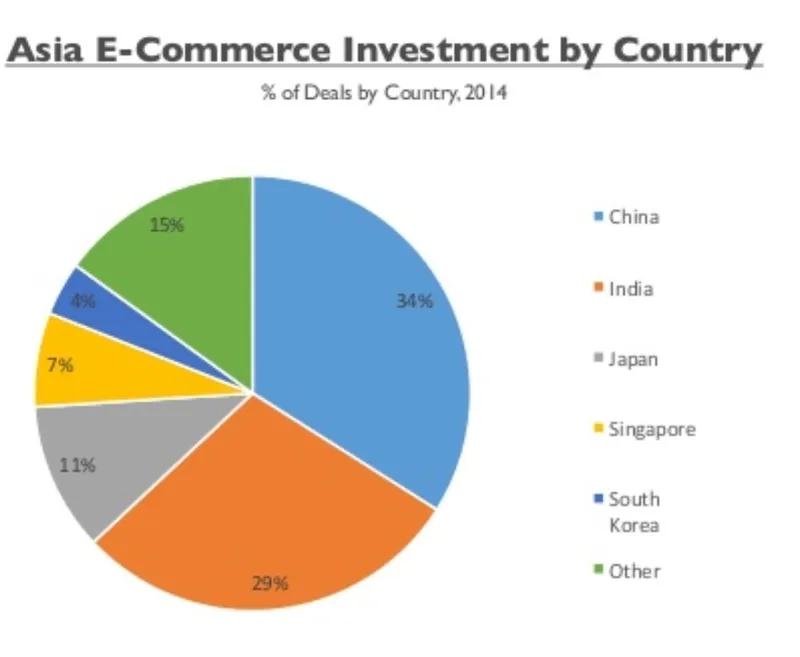
Burma is a country that has only recently recessed a violent 60 years of civil unrest between regimes that could not agree on a method of national governance. The civil wars have left most people unreachable by organizations ready to help.

I followed Lucie Argelies, a Monitoring & Evaluation (M&E) Specialist working with The Barefoot College.
The Barefoot College is an organization which brings technology into the hands of the most remote, non-electrified villages in the world. They were the first to break the barriers of entry into what are known as “Red Zones” in Myanmar, areas which are still considered by governments as too dangerous to visit.

After a four hour ride by van, we were required to stop and change vehicles for another two hours journey in a beautiful mountainous region which boasts rich jungles with monkeys, elephants, streams of water and no cemented roads to take you away from being in nature.
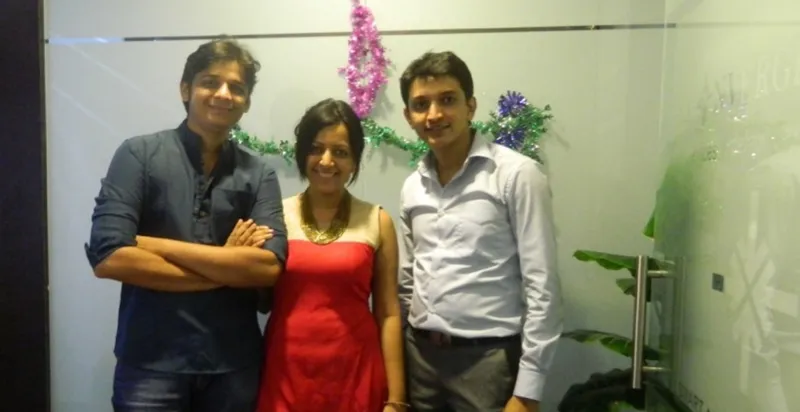
In order to get into the Red-Zone safely we were escorted by the community’s Peace Keeper. It was told to me that he held a hand gun in his pants and a rifle in the back of his truck. There are many armed men in the jungle and our ride in and out was in his hands.

Of course, to ask him if he could show me his gun was not why we were there. So instead, I told him how beautiful I thought his country was, and that I was incredibly impressed by the deliciousness of Burmese food. We got along really well.
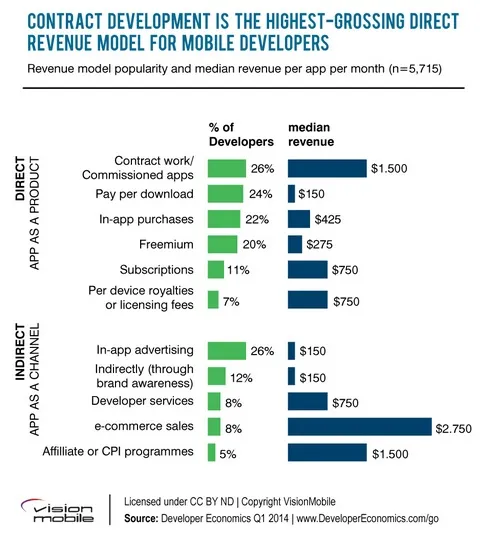
Also with us was one of the four first Burmese women to graduate from the Barefoot College solar training a year ago.

She installed and is now maintaining 150 solar units in her community.

Each solar system powers one home autonomously with three lights, control box with USB charger, and battery.
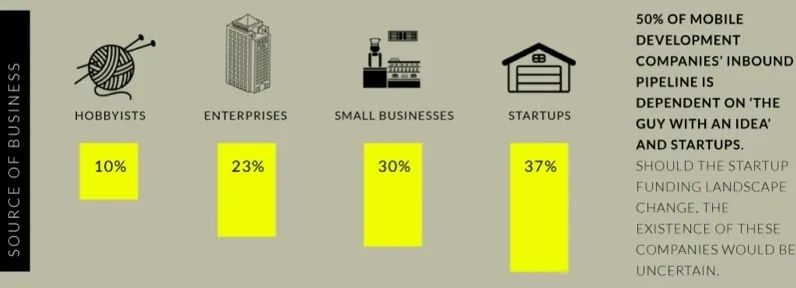
Our work is political by definition. So before getting to work, one must acquire blessings from the tribal leader.

He says he’s happy with the work Barefoot College has done in his community. He says he has noticed how much the ‘Solar Mamas’ changed since the first day we visited. He is impressed.

I couldn’t help notice — placed where all could see — the leader had a photo of his mother. When I asked him if I could take a photo of him with her, he was proud to stand beside her.

Once inside the community, our solar mama greeted and introduced Lucie and I to all the villagers.



A short gathering was held at the community learning centre, where our ground partner, Ni Sat, communicated our message: “We are here first and foremost because we love to visit your beautiful community. While here we’d like to make sure the solar installations had been successfully executed and that we would be conducting interviews with families, solar committee members and solar mamas to document and record their development.”

Before sending the mamas to train in India, Barefoot helps the village organize a Solar Committee. A local legal entity responsible for managing the solar work like collecting monthly fares by all the villagers which help pay the Solar Mamas a salary and save money for repairs, parts and future batteries.

The centre was also solar powered by the community’s Solar Mamas.

Now that solar power has entered their lives, we aim to evaluate the changes in their lifestyle since their journey to India.

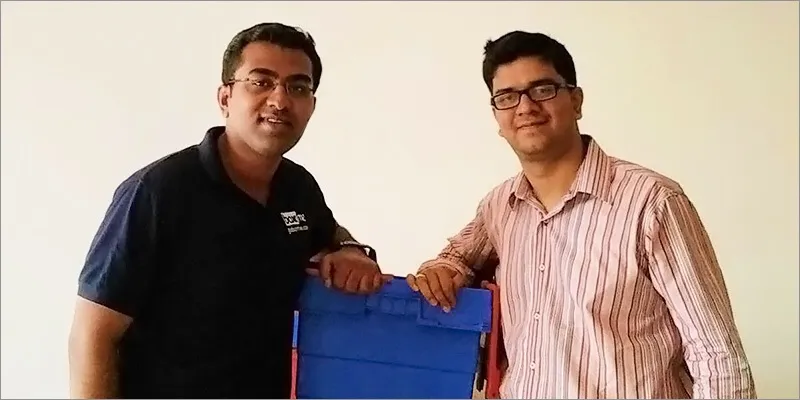
The idea is to keep in touch with the villages so that Barefoot can be quick to arrange a viable solution to unforeseen problems which may have occurred due to solar installations.

Everything they fed us was delicious.
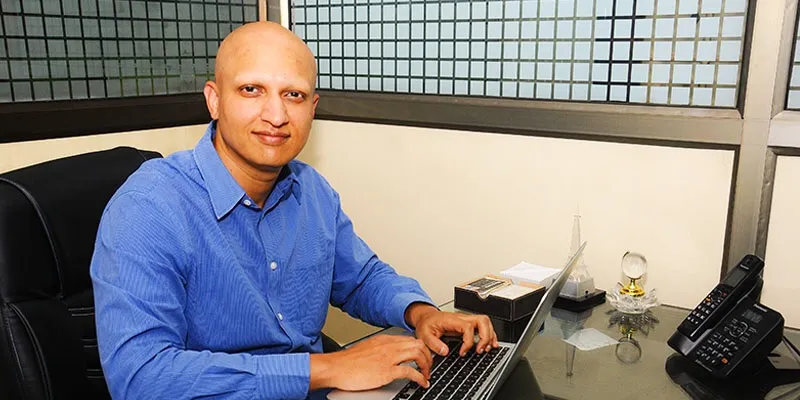
Even the monkey.

Neighbouring shops now have the ability to use renewable power to stay open hours past sunset.

With light comes the ability to cook, play and study at night. Their standard of life grows and they owe it all to their village Solar Engineers.
The M&E department at Barefoot was created to ensure work was, indeed, providing the beneficiary with a better standard of life. It is not to say that they can now guarantee 100% of projects will be a success. What it is saying is that they don’t take for granted the complexities of helping in the sustainable development of a rural community.
Like any community in the West, we can expect any village to have many unique cultural facets that an outsider cannot effectively relate to. This is why Barefoot puts all the power (literally and figuratively) in the hands of the community’s own people so that with their ancient knowledge and unconditional commitment to their families they choose for themselves how to use this new technology.
If you think that this way of addressing “aid” is important, see how you can help.
(The original article appeared here first: http://valhallamovement.com/sustainable-development-leave-it-to-mothers/)







